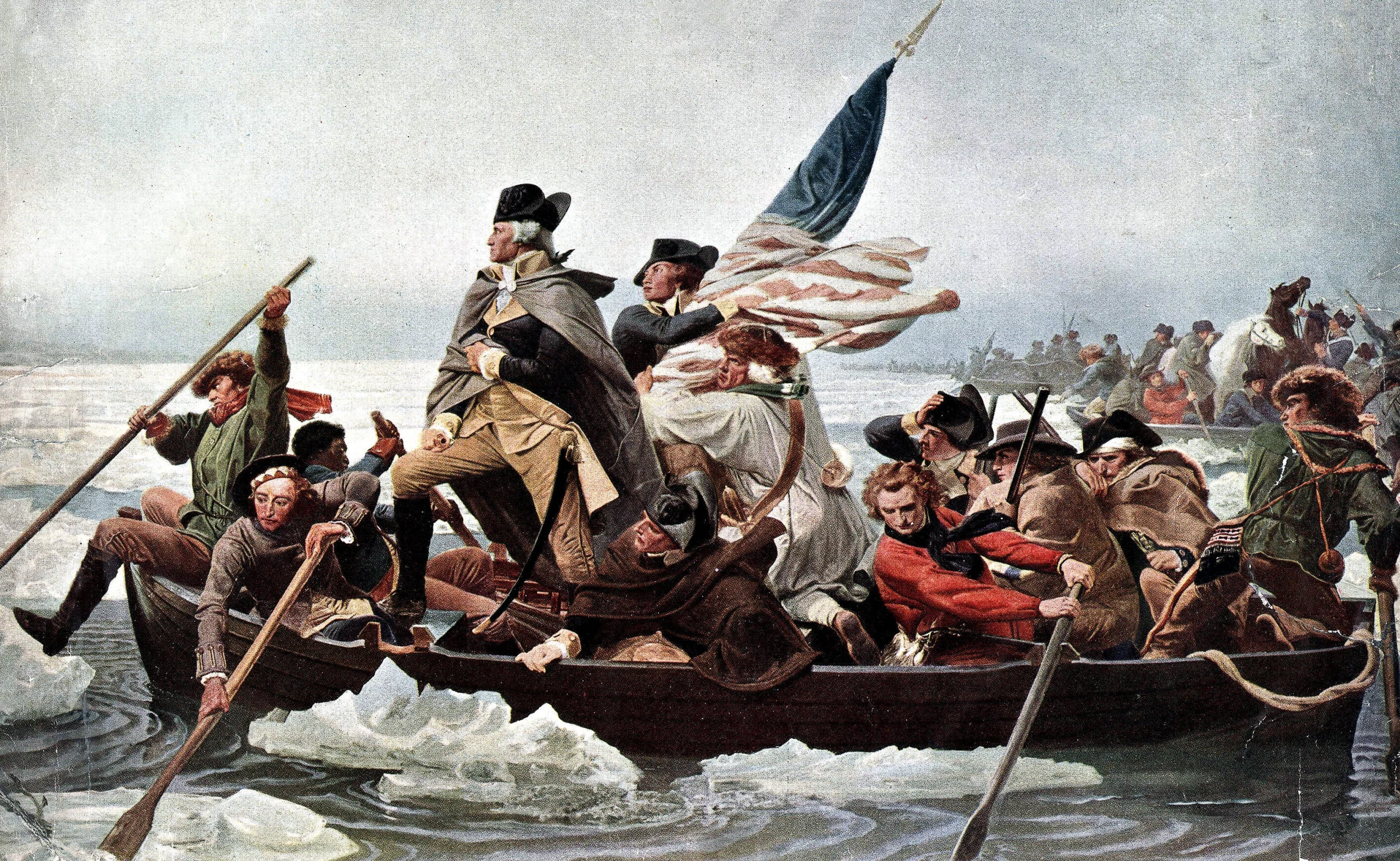Historical events have continuously shaped the political, cultural, and social foundations of countries along the Atlantic. From colonial conquests to independence movements, the trajectory of these nations reflects complex transformations influenced by global and regional dynamics. Over time, interactions between European powers and territories in Africa and the Americas triggered major shifts in governance, identity, and economic systems. As the Atlantic region grew in strategic importance, events unfolding within and across its borders brought lasting consequences. The aftermath of wars, treaties, and revolutions continues to echo in modern institutions and relationships. Consequently, examining these key moments allows for a clearer understanding of the challenges and achievements experienced by Atlantic nations throughout history.
Historical Events That Redefined Colonial Control
During the height of imperial expansion, European powers sought dominance over vast Atlantic territories. This aggressive colonization resulted in long-standing rivalries and conflicts that restructured political boundaries. The Treaty of Tordesillas, for example, divided the Atlantic world between Spain and Portugal, leading to centuries of competition and territorial disputes.
As resistance grew, several uprisings marked the beginning of a new era. The Haitian Revolution emerged as a pivotal turning point, leading to the establishment of the first Black republic and inspiring liberation efforts across Latin America. This had a profound impact on colonial strategies in the region, forcing powers like France and Britain to reconsider their hold.
In addition, economic shifts due to the abolition of the transatlantic slave trade forced countries to reconfigure their labor and trade models. Plantation economies collapsed in many areas, causing social unrest and accelerating the push for autonomy. These adjustments reflected not just economic necessity, but also growing resistance to foreign control.
The decline of colonialism culminated in waves of independence across the Atlantic in the 19th and 20th centuries. Each movement carried its own context and motivations, shaped by both internal and external pressures. National leaders rose from civil society, military ranks, and intellectual movements, often facing significant opposition. Nonetheless, the momentum proved irreversible.
Political Realignments Sparked by Post-War Changes
Following the world wars, Atlantic nations encountered unprecedented political shifts. Reconstruction demanded not only economic rebuilding, but also institutional reforms. Western European countries, heavily affected by destruction, turned toward cooperation. This eventually led to the formation of alliances such as NATO and the early foundations of the European Union.
Simultaneously, countries in Africa and the Caribbean intensified their campaigns for self-rule. The end of World War II had weakened colonial administrations, creating opportunities for new political actors. Movements grounded in nationalism and anti-imperialism gained traction. As global attention focused on decolonization, several countries transitioned to independence with international support.
These changes brought a reshaping of diplomatic priorities. Former colonies began to assert their identities through new foreign policies and regional alliances. Their participation in international organizations highlighted a growing confidence. Still, internal challenges—such as political instability and economic dependency—posed continuing obstacles.
While some nations managed peaceful transitions, others faced coups and prolonged conflict. These struggles were influenced by Cold War tensions, which played out across the Atlantic through proxy battles and ideological divisions. Despite these setbacks, democratic institutions gradually took root in several areas.
Economic Transformations That Influenced Modern Identity
Industrialization and global trade networks altered the economic foundation of many Atlantic nations. Port cities flourished as hubs of commerce, attracting migration and investment. Infrastructure projects emerged to support this growth, often reshaping local demographics and labor systems.
Meanwhile, resource exploitation became central to national development strategies. Oil, minerals, and agricultural exports redefined international trade relations. However, this dependence also exposed countries to market volatility. Governments responded by diversifying economies and seeking broader trade partnerships.
Urbanization followed closely, introducing new cultural and social dynamics. Education systems expanded to meet the demands of a changing workforce. In turn, this enabled more participation in political and economic life. Over time, these changes influenced national identities and civic engagement.
Today, the legacy of these transformations is visible in modern Atlantic societies. Their current structures reflect both historical resilience and adaptation. Looking ahead, continued cooperation and historical awareness remain vital in addressing future challenges.
